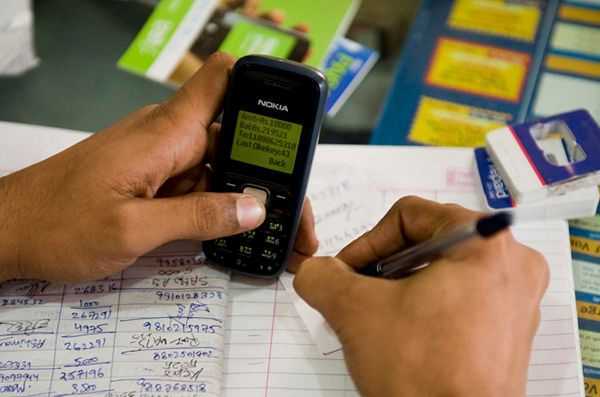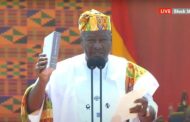Following the announcement by the Finance Minister last week, the government will on Thursday, January 27, 2022, hold a major town hall meeting on the controversial Electronic Transactions Levy (E-levy) in Premier Hotel at Koforidua.
The town hall meeting will feature Minister for Finance, Ken Ofori-Atta, Minister for Communication and Digitalization, Ursula Owusu-Ekuful, Minister for Information, Kojo Oppong Nkrumah, and Deputy Majority Leader, Alexander Afenyo-Markin.
Also, to be in attendance at the forums will be sector-specific Civil Society Organizations (CSOs) and other relevant industry stakeholders.
The Town Hall Meeting is being organized by the Ministry of Information and will be live on various television networks in the country as well as the Ministry’s social media pages.
Addressing the media in Accra, Mr. Ofori Atta said the government intends to “use the money to create jobs, grow our private sector to employ more of our youth, accelerate the digitalization agenda to bring more convenience to Ghanaians, enhance the security of our digital platforms, aggressively expand our road infrastructure agenda, reduce our dependence on debt and reduce the crowding out of the private sector to improve access to credit.”
“After extensive consultations, the e-levy will be re-submitted to Parliament this month. We look forward to joining hands with our Honourable Members of Parliament to approve the e-levy on a consensus basis, so we can collectively address the big issue of unemployment”, the Minister said.
E-Levy will cover:
1. Mobile Money Transfers between accounts on the same electronic money issuer (EMI).
2. Mobile Money transfers from an account on one EMI to a recipient on another EMI.
3. Transfers from bank accounts to mobile money accounts.
4. Transfer from mobile money accounts to bank accounts.
5. Bank transfers on a digital platform or application originate from a bank account belonging to an individual to another individual.
E-Levy will not impact:
1. Cumulative transfers of GHS 100 per day made by the same person.
2. Transfers between accounts owned by the same person.
3. Transfers for the payment of taxes, fees, and charges on the Ghana.gov platform.
4. Electronic Clearing of Cheques.
5. Specified merchant payments (i.e. payments to commercial establishments registered with GRA for Income Tax and VAT purposes).
Source: Mybrytnewsroom.com/Kofi Atakora



















































